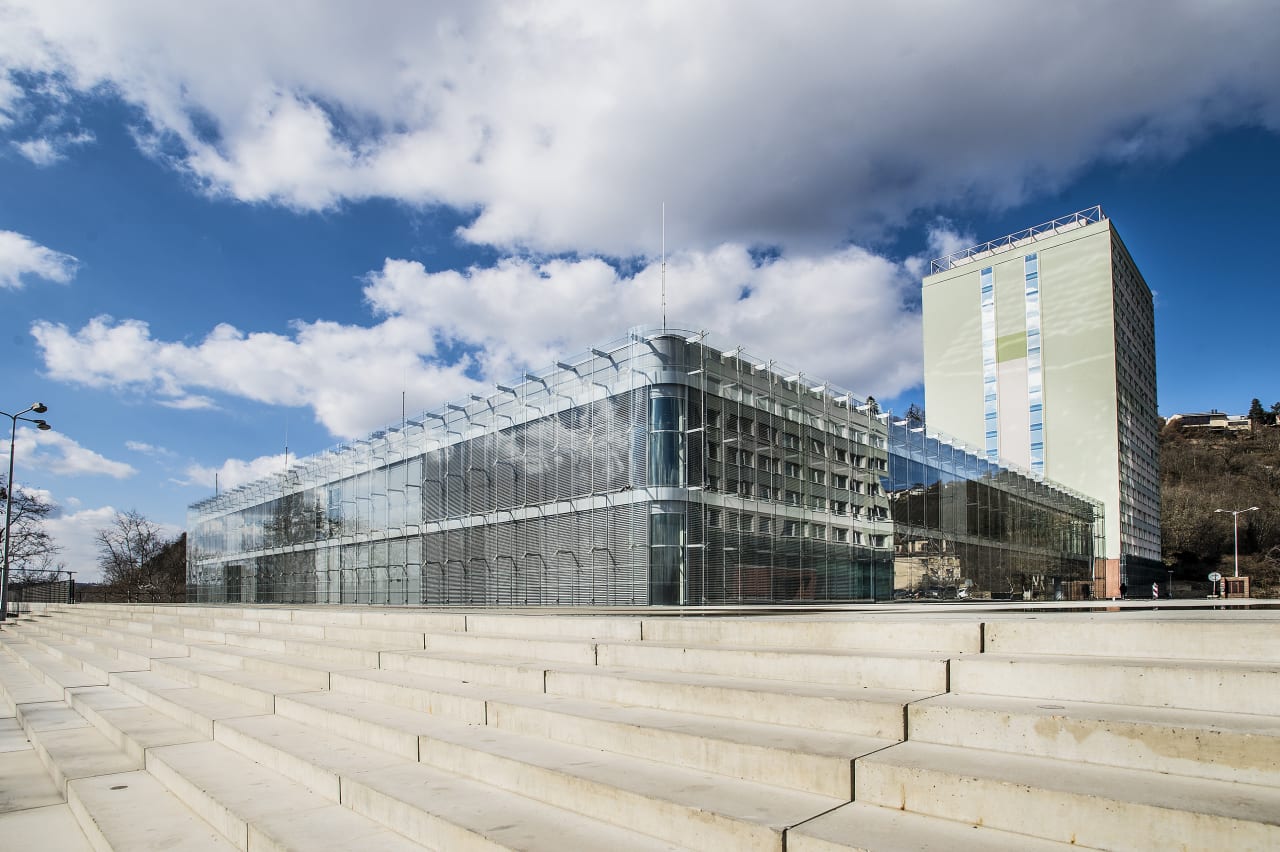
Master in Historical Sociology
Faculty of Humanities, Charles University

Key Information
Campus location
Prague, Czech Republic
Languages
English
Study format
On-Campus
Duration
2 - 5 years
Pace
Full time
Tuition fees
EUR 2,000 / per year *
Application deadline
Request info
Earliest start date
Request info
* Online application fee: 830 CZK
Introduction
The aim of Historical Sociological research is the study of issues of long-term social processes and trends that have a significant impact on contemporary societies and phenomena. The M.A. Historical Sociology cultivates research activities and the education of experts with an emphasis on the specialization of these processes.
Above all, historical sociology deals with problems of modernization and social change, globalization trends and influences, integration and disintegration processes, the relationship of continuity and discontinuity, religious and cultural pluralism, linking the global to the local, the identification of the chances and risks of social development, the analysis of conflict situations and the possibility of overcoming them.
The need for understanding all of these issues invokes the need for the development of adequate theoretical and methodological approaches, and also of the specific training of university students, which is possible through the study of Historical Sociology.
The study program is realized without specialization.
Admissions
Curriculum
The full study plan is available on the website of the Historical Sociology department.
Compulsory Courses include:
- Historical Comparative Sociology
- Reading in Historical Comparative Sociology
- Historical Sociology of Knowledge, Culture, and Religion
- Science and Scientific Knowledge from the Perspective of Historical Sociology
- Methodology of Historical Science
- Economic Systems from a Historical-Sociological Perspective
- Grounded Theory
- The Formation of the Nation within the Process of European Modernization
- Historical Sociology of Politics
- The Quotidian from the Perspective of Historical Social Sciences
- Quantitative Data Analysis I.
- Introduction to Civilization Studies
- Introduction to Civilization Studies - Reading
- Sociological Data and Data Archives
- Thesis Seminar
- Quantitative Data Analysis II.
- Collective Memory and Its Research
- Qualitative Research Methodology
- Design of Quantitative Research I.
- Discourse Analysis
- Procedures and Methods of Historical Research
- Design of Quantitative Research II.
- Sociology of Development and Transformation
- Milestones of European historical development in historical and sociological context
- Visual methods in historical sociology
Rankings
Charles University is one of the oldest universities in Europe and ranks among the world’s most renowned research-focused universities.
The Times Higher Education World University Rankings for 2016–2017 ranked Charles University in 305th place among its five hundred ranked universities, making it the only Czech university to feature in the top five hundred.
The Academic Ranking of World Universities - the “Shanghai League”, which every year compares more than 1,000 of the world’s best universities (selected from a total of over 17,000 institutions), has repeatedly included Charles University in the third hundred, i.e. among the 2 percent top universities in the world and one of the 100 best universities in Europe.
Program Outcome
Throughout their study of Historical Sociology, graduates will have covered both theoretical topics as well as practical and research-based topics.
Regarding theory, graduates will have acquired historical-sociological knowledge from the social, cultural, religious, political and economic spheres. They will learn how to analyze different social phenomena in a wide historical and territorial context and look at them from a long-term perspective.
Practical and research-based skills acquired throughout the study of this course include professional skills based on managing the basic approaches of quantitative and qualitative historical-sociological research methodology.
Program Tuition Fee
Gallery
Career Opportunities
Throughout their study of M.A. in Historical Sociology, graduates will have covered both theoretical topics as well as practical and research-based topics.
Regarding theory, graduates will have acquired historical-sociological knowledge from the social, cultural, religious, political, and economic spheres. Practical and research-based skills acquired throughout the study of this course include professional skills based on managing the basic approaches of quantitative and qualitative historical-sociological research methodology.
This combination of both theoretical and practical fields qualifies graduates for employment both in the academic sphere, i.e., at universities and research institutions, and in the non-academic sphere, i.e. in state administration, NGO’s, agencies, consultancy firms, educational institutions, cultural organizations and in the media.